
Gaur Massacre Investigation: Is JSP Leaving Coalition? Will Upendra Yadav Be Prosecuted?
The Janata Samajbadi Party (JSP), a coalition partner, is sending shockwaves through the political landscape with hints of a possible departure from the coalition. Simultaneously, questions are swirling regarding the potential prosecution of Upendra Yadav, a prominent political figure and chairman of the JSP.
The controversy stems from the government’s decision to investigate the Gaur Massacre, a tragic event that occurred on March 21, 2007, during clashes between the Madhesi People’s Rights Forum (MPRF) and the CPN (Maoist). The confrontation left 27 individuals dead, including 26 affiliated with the then CPN (Maoist). A recent agreement signed by the Ministry of Home Affairs, under the initiation of Deputy Prime Minister and CPN (Maoist Center) Senior Vice President Narayan Kaji Shrestha, has ignited a firestorm of political tension.
The JSP, a crucial partner in the coalition, has expressed deep reservations about the government’s move. The agreement to investigate the Gaur Massacre was signed without prior consultation with the JSP, causing a rift between the coalition partners. JSP Chairman Upendra Yadav, a highly influential figure within the party, has openly displayed his dissatisfaction with Prime Minister Pushpa Kamal Dahal and Nepali Congress President Sher Bahadur Deuba, further straining the coalition’s unity.
Sources close to the situation suggest that the JSP might even consider withdrawing from the coalition due to their objections to the agreement. While party spokesperson Manish Suman has clarified that the JSP is not immediately inclined to leave, suspicions about the government’s intentions regarding the investigation have intensified.
At the heart of the controversy lies the question of whether Upendra Yadav will face prosecution. The investigation into the Gaur Massacre has been surrounded by allegations and accusations, with the National Human Rights Commission attributing the brutal killings to MPRF cadres. A probe commission led by Judge Hari Prasad Sharma concluded that the incident was pre-planned. Additionally, the CPN (Maoist) had previously pointed fingers at Upendra Yadav, claiming that the incident was orchestrated under his direction.
With this latest turn of events, the Nepali political arena is bracing for potentially seismic shifts. The JSP’s decision on whether to remain within the coalition or exit could have profound implications for the stability of the ruling government. Meanwhile, the looming question of whether Upendra Yadav will face prosecution for his alleged role in the Gaur Massacre adds a layer of complexity to an already tense situation.
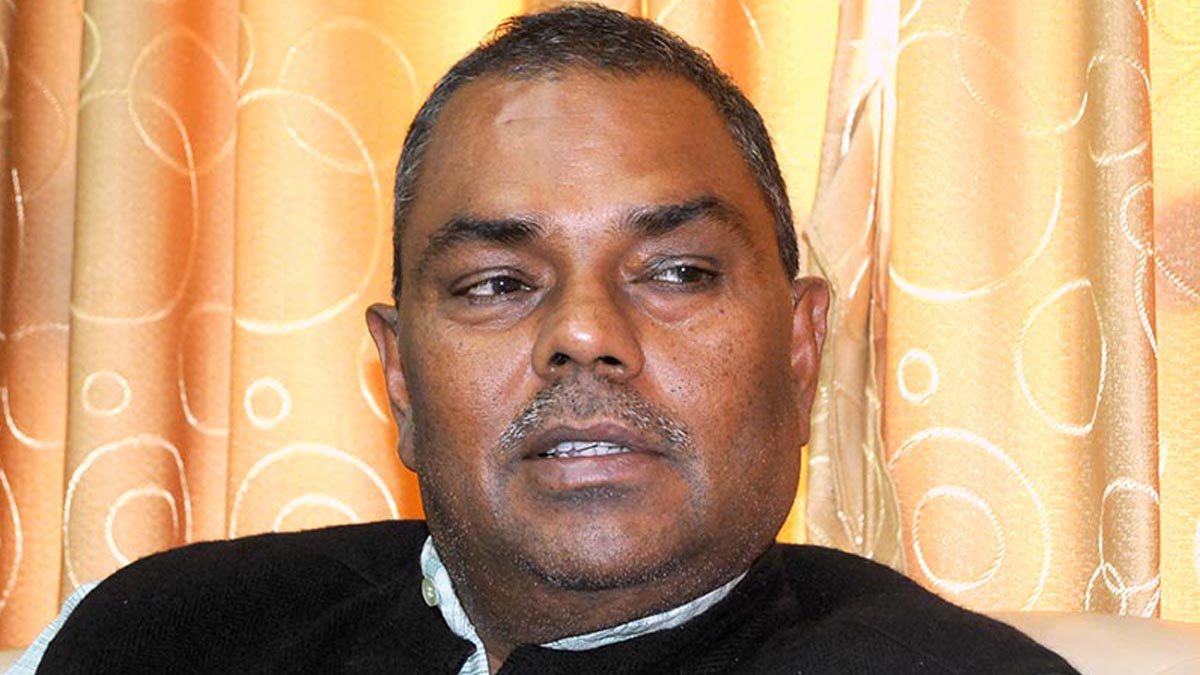
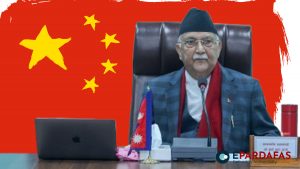
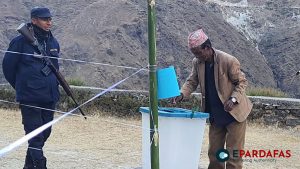
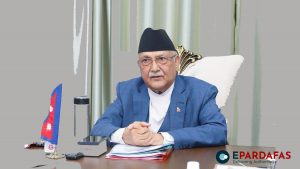

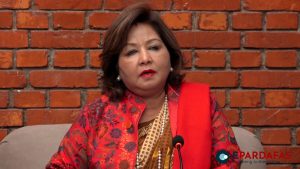





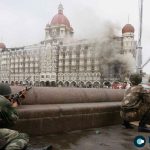
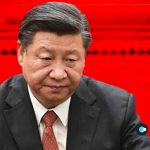
Comments